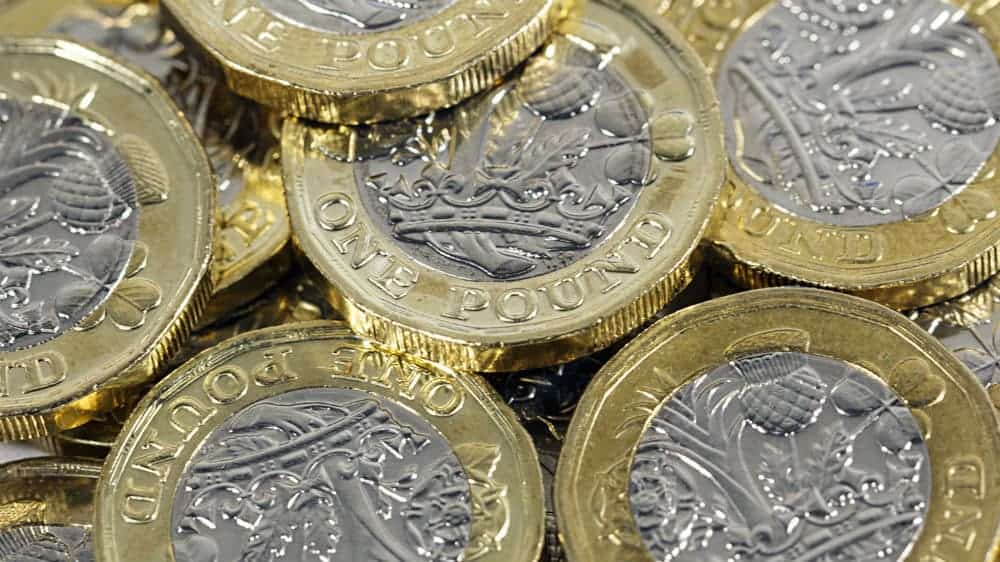After plunging to a 35-year low last year, the British pound continued its steady rise this week by passing the $1.39 mark against the US dollar for the first time since 2018. Sterling also rose to a nine-month high of €1.15 against the euro.
With some analysts predicting that it could hit $1.45 this year, we look at some of the reasons behind sterling’s recent ascendancy and what it could mean for you.
Why is sterling rising?
A couple of factors are behind the recent resurgence of sterling, not the least of which is growing expectations about the easing of lockdown restrictions in the UK.
More than 15 million people have already received the first dose of the Covid-19 jab, raising optimism that the government could lift lockdown restrictions soon, paving the way for economic recovery.
Boris Johnson is expected to outline his roadmap for the easing of restrictions next week.
He has said that his plan for exiting lockdown will be ‘cautious but irreversible’ and that he would target dates for the changes if possible. However, he warned that high infection rates could lead to delays.
Sterling has also benefited from the UK’s Brexit deal. Though not completely issue-free, the deal has eased some of the uncertainty on cross-border trade and helped relieve some of the pressure on the pound.
Yet another factor that has aided the pound’s resurgence is the Bank of England’s decision to leave interest rates unchanged. There had been rumours that the bank might introduce negative rates to encourage consumers to borrow more money and spend (rather than saving) in order to boost the economy.
But on 4 February, the bank indicated that it won’t be introducing negative interest rates just yet.
This was after analysis found that high street banks would need at least six months to prepare for negative rates should they be introduced. Rates will therefore remain at 0.1% for the foreseeable future.
Traders have welcomed this decision to keep rates positive, and one of the results has been a rise in sterling.
What does a rise in sterling mean for me?
The rise of sterling has several implications for all of us.
1. Cheaper imports
When sterling is stronger, food and other items like clothing and electricals that come from overseas become cheaper. That could mean lower prices at the supermarket.
However, this is only likely to happen if retailers decide to pass on the lower costs of imports to customers.
2. Cheaper holidays abroad
When travelling abroad, you’ll get more foreign currency for your sterling. If you’re planning a foreign holiday once restrictions are lifted, now could be a good time to get your holiday cash.
If you want to stretch your funds even further when on an overseas holiday, consider taking out a travel credit card. That way you won’t be charged extra for foreign transactions and cash withdrawals. Using a travel credit card could also help ensure you get the day’s best exchange rates.
3. Cheaper fuel costs
Wholesale fuel prices are typically quoted in US dollars. Consequently, the rise of sterling could mean spending less at the pump in the near future.
Foreign flights could also come down in price due to lower costs of importing fuel for planes.







